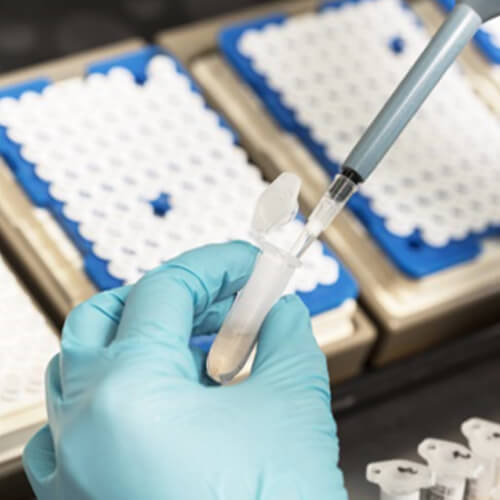Abstract:
A role for the amount and type of dietary protein in the etiology of cancer has not been studied extensively. Nevertheless, there is no compelling evidence from epidemiological studies to indicate that protein, at levels usually consumed, is a risk factor for cancer. On the other hand, animal studies suggest that certain peptides and amino acids derived from dietary proteins may influence carcinogenesis. The predominant protein in milk, casein, its peptides, but not liberated amino acids, have antimutagenic properties. Animal models, usually for colon and mammary tumorigenesis, nearly always show that whey protein is superior to other dietary proteins for suppression of tumour development. This benefit is attributed to its high content of cystine/cysteine and gamma-glutamylcyst(e)ine dipeptides, which are efficient substrates for the synthesis of glutathione. Glutathione is an ubiquitous cellular antioxidant that directly or through its associated enzymes destroys reactive oxygen species, detoxifies carcinogens, maintains proteins in a reduced state and ensures a competent immune system. Various experiments showed that tumour prevention by dietary whey protein was accompanied by increased glutathione levels in serum and tissues as well as enhanced splenic lymphocyte proliferation, phagocytosis and natural killer, T helper and cytotoxic T cell activity. Whey protein components, beta-lactoglobulin, alpha-lactalbumin and serum albumin were studied infrequently, but results suggest they have anticancer potential. The minor component lactoferrin has received the most attention; it inhibits intestinal tumours and perhaps tumours at other sites. Lactoferrin acts by induction of apoptosis, inhibition of angiogenesis, modulation of carcinogen metabolising enzymes and perhaps acting as an iron scavenger. Supplementing cows with selenium increases the content of selenoproteins in milk, which on isolation inhibited colon tumorigenesis in rats.










